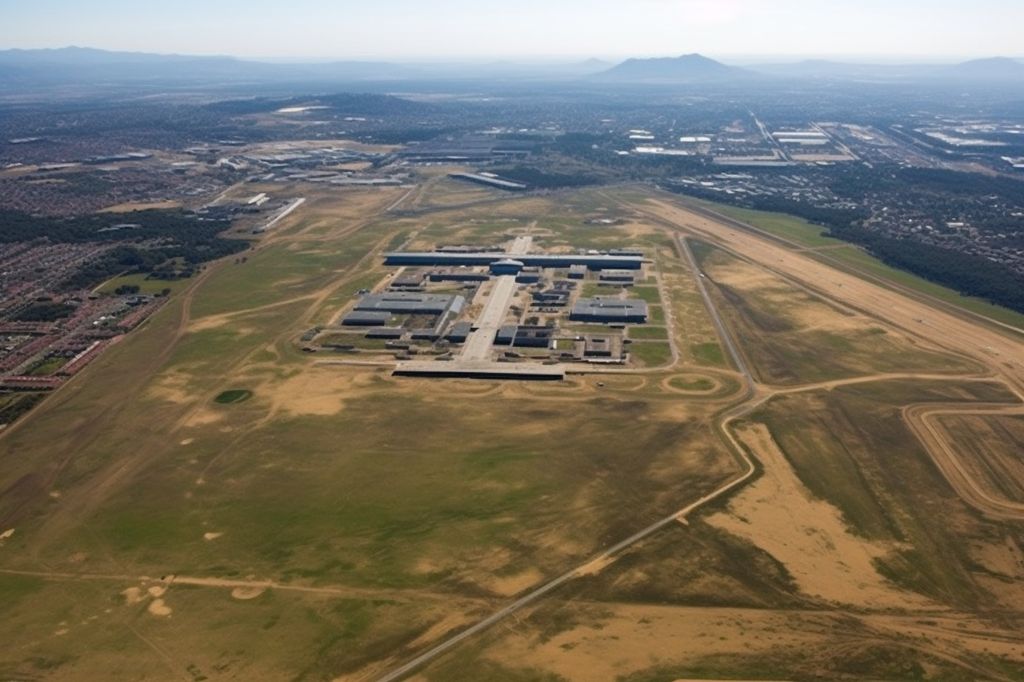This proposal is familiar, brought up by a collective of civil society organizations. The City of Cape Town has been calling for the release of underutilized military land for at least a decade. But, according to the organizations, the housing crisis is so severe that the failure to develop social housing at Wingfield, Youngsfield, and Ysterplaat is “perhaps the most shocking failure” of intergovernmental collaboration.
A Legacy of Apartheid Spatial Planning
The continued spatial apartheid in the city confines working-class and poor residents to the margins, away from work opportunities, and subject to high crime rates and social distress. The proposal to develop social housing on the military sites would considerably contribute to dismantling the apartheid development barriers in the city.
Wingfield, Ysterplaat, and Youngsfield locations are within a 10km radius of central Cape Town, close to existing economic and industrial nodes, schools, and social, recreational, and health facilities. These sites also have excellent public transport infrastructure connections, making them ideal for affordable housing development.
The Graaff Family Trust, who donated the land during World War II, is also involved and needs to be consulted should Ysterplaat not be used for military purposes. This is a reminder of the land’s rich history, which holds stories of the past that need to be preserved and honored.
Inter-Departmental Cooperation Needed
However, the delay in releasing the land for housing development is due to a need for inter-departmental cooperation. The Housing Development Agency (HDA), which falls under the Department of Human Settlements (DHS), has yet to do anything with state land already released to it by the Department of Public Works and Infrastructure (DPWI).
The DPWI picked up the civil society submission to the Presidency, and the organizations have been in conversation with them since 2021. However, there was no response from the DHS. The DPWI seems to have “little interest and involvement” from the DHS or HDA. This lack of inter-government cooperation is further delaying the land release.
A Glimpse of Hope
The release of underutilized military land for affordable housing development could help provide much-needed housing for the people of Cape Town. Acting Mayco Member for Human Settlements James Vos has stated that several “mega-properties” owned by the national government could “potentially yield over 100,000 units”. This included Wingfield and the completely under-utilized sprawling parliamentary village of Acacia Park.
The unlocking of underutilized military land for social housing development could be the solution that the city has been waiting for. It could help address the housing crisis, dismantle the legacy of apartheid spatial planning, and honor the land’s rich history. It is time for inter-departmental cooperation to make this a reality.








